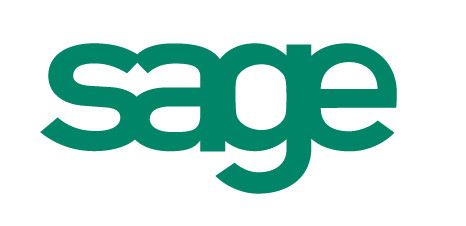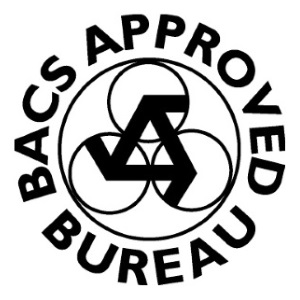Merger or De-Merger?
Business is, in many ways, similar to personal life; there are highs and lows, advantages and pitfalls. In the business world these high points might mean the “marriage” of a merger, whilst the lows could be represented by “divorce” or a de-merger.
First, let’s look at a simple explanation – the difference between a merger and a de-merger. A merger is when two companies combine their assets and join together to form one company, rather than remaining as separately owned entities.
In a de-merger a business is split up or broken down into several individual companies, often with much more specific or niche offerings. These companies can then either operate as a separate entity to the parent company or be sold off and merged into a third company. What prompts businesses to merge or de-merge?
Mergers are often entered into to help companies achieve quick growth, either filling a current gap in their product range, people or resources, or to try and enter a new market in which they don’t currently operate.
In addition, it might be that one or both of the companies are struggling and see the added strength of joining forces as a way to overcome short-term difficulties. It is often said that there is no such thing as a merger; one side always takes control of the other.
De-merging a business can have a number of benefits, although there can be negative perceptions raised by the splitting up a company. However, a well-executed and carefully planned de-merger can help a company to raise capital for a project or reduce the risk to the larger company as a whole by selling off parts of the business that are no longer profitable. A de-merger can also be useful in a reorganisation of a business to refocus on the needs of a changing market, adding opportunity and new momentum to a company’s prospects.
Of course, there are risks and rewards.
Let’s look at the positives in a merger first.
When companies merge, they take on the other company’s resources and disposable capital. As we explained before, this can help fill any gaps in the services they offer and grow the client base to whom they offer those services.
It can also be a very effective way of adding talented staff to the team by retaining the best staff from each business.
However, mergers are not without pitfalls.
After the merger there might well be a culture clash, where ideas and opinions do not mesh, or work ethic and management styles might differ. This can create a difficult working environment, which can permeate through all levels of the organisation, and ultimately affect the morale of the staff.
It is also possible that the merger can become a distraction from the main business focus, creating marketplace confusion and leading to a loss of brand strength if too much is taken on too quickly.
A de-merger also has pros and cons.
One major plus for a de-merger is the opportunity to refocus the business and get rid of parts of the company that are no longer profitable or no longer fit the company’s market focus.
Splitting the company into smaller segments allows them to be sold off if necessary, raising shareholder value and, quite possibly, saving the business from liquidation. Selling off parts of the business will bring in income and end with savings, so it follows that the company will see a higher rate of return.
However, there are also disadvantages in de-merger.
Setting up new businesses will, inevitably, create costs as each independent company will require staff, premises and equipment, all in addition to the legal costs of separating the business in the first place.
It is also important to consider the negative impact of cutting jobs and the possibility of losing key team members, due to a lack of financial stability.
So, merge? Or, de-merge?
The decision is all about weighing up the options and your motivations to see what model will produce more strategic growth for your company.
If there is a shortage of resources or
staff, merging would open up the opportunity to gain market knowledge and
capital from what could otherwise be a competitor within your market. This
scaling up of your company means you’ll take up a larger space in the consumer
market, making you a more formidable player, but at the cost of giving up
singular control of the business.
On the other hand, de-merging means a singularly owned company, while also
raising capital. However, the business might become a smaller fish in a bigger
pond.
There is, of course, a third option – neither merge nor de-merge; simply stay as you are. Bernard Verby, CEO at Bennett Verby, says:
“We believe that every company should always be looking at options which help a business grow and prosper. We work constantly with our clients to identify opportunities, assess the outcome and effect a smooth transition.”
If you are considering your company’s options, and if you’re not you should be, why not get in touch and take advantage of our free, no obligation initial consultation?
You should always seek advice about your specific requirements before you act. Speak to one of our experts on 0161 476 9000 or contact us here.











